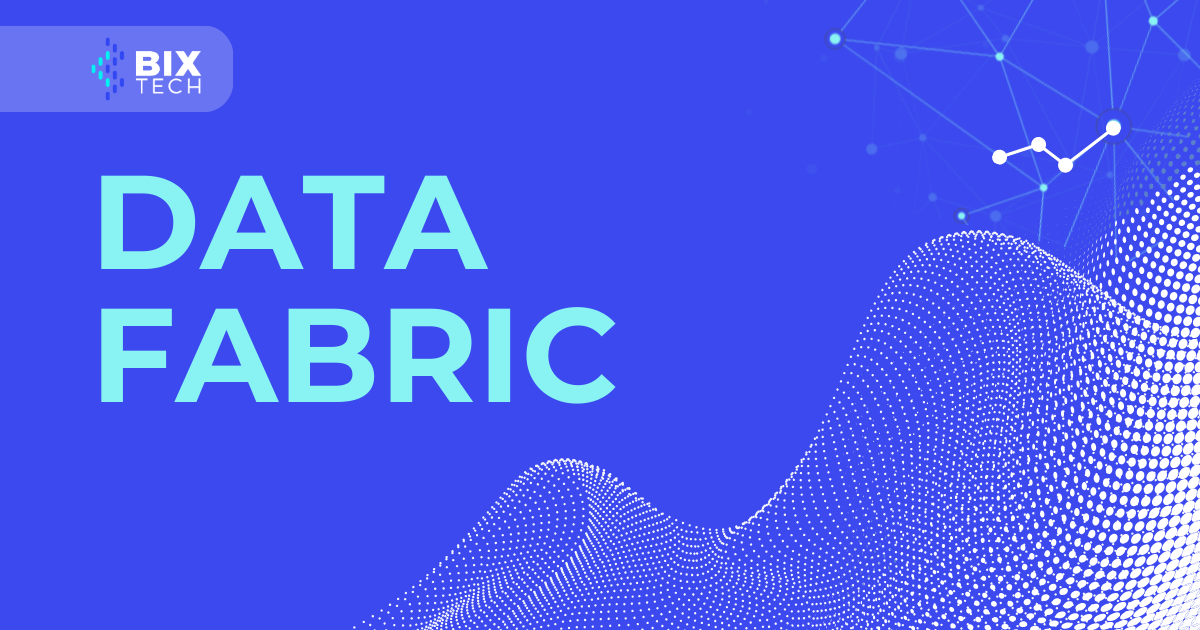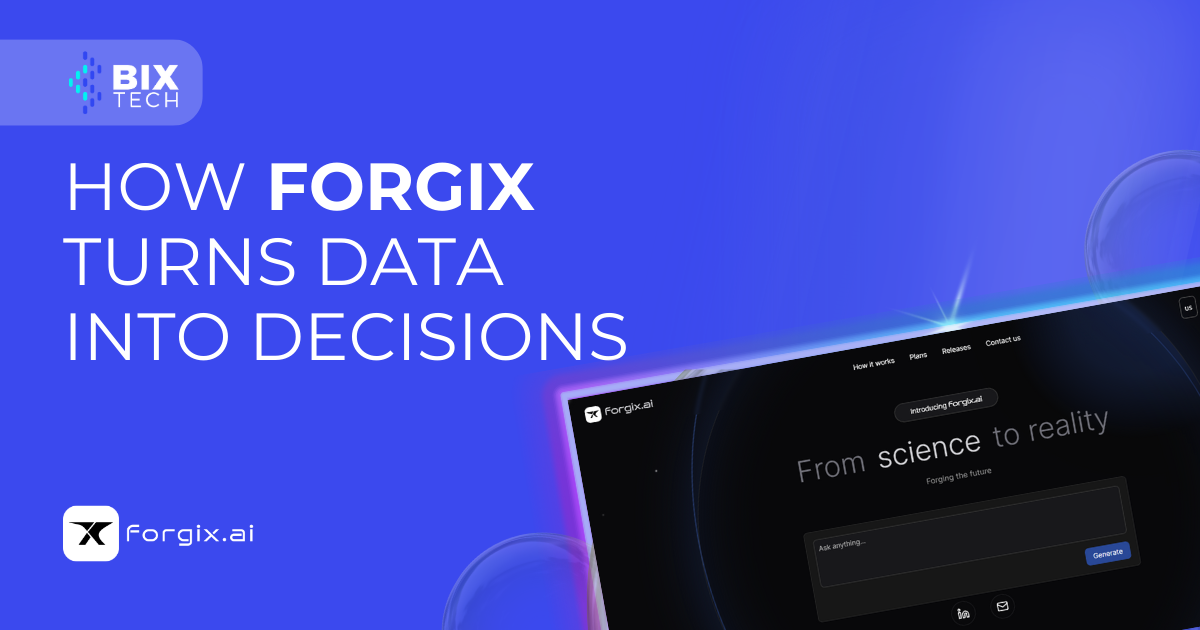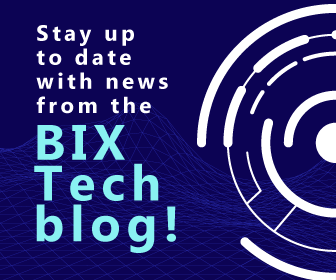Data ingestion has become a critical component for business success. The ability to collect, process, and integrate data from various sources is essential for extracting valuable insights and making more informed decisions. So, what challenges and considerations do you need to be aware of to make the most of data ingestion in your company?
In this article, we will discuss the importance of data ingestion for businesses, highlighting key topics that ensure a robust and efficient strategy. We will cover data sources and tools needed for data collection and processing, as well as emphasize the significance of data quality and governance to ensure accuracy and reliability. Additionally, we will address aspects of security and privacy, system performance and scalability, system integration, process automation and orchestration, and finally, we will analyze cost and efficiency by balancing investment and benefits.
Want to understand how each of these elements contributes to transforming raw data into valuable assets for your company? Keep reading!

What are the main data sources and tools?
Choosing the right tools and technologies is crucial for an efficient and scalable data ingestion strategy. Effective data ingestion begins with identifying and integrating various sources such as databases, APIs, files, and IoT sensors. While the first transforms data before loading it, the second loads raw data for later transformation. Examples include Talend for ETL and Google BigQuery for ELT.
When it comes to repositories, organizations with data strategies use Data Warehouses for structured data and Data Lakes for raw data. Data Lakehouses, in turn, combine the best of both worlds. Amazon Redshift and Google BigQuery are examples of Data Warehouses. Hadoop and Amazon S3 are two examples of Data Lake platforms, while Databricks is a Data Lakehouse.
For processing, streaming technologies (Apache Kafka, AWS Kinesis) enable real-time analysis, while batch processing (Apache Spark) is used for large volumes of data at regular intervals.
What is the importance of data quality and governance in ingestion?
To ensure useful and reliable data, it is essential to verify:
- Consistency, i.e., the uniformity of data across different systems.
- Accuracy, or the correctness of data relative to reality.
- Completeness, which refers to the presence of all necessary data.
- Relevance and recency of data, or simply, timeliness.
Data cleansing and enrichment processes are fundamental to removing errors, duplicates, and missing values. Additionally, it adds value by combining internal data with external sources. Cleansing corrects inconsistencies, while enrichment provides a more detailed and comprehensive view, essential for accurate analyses.
Moreover, data governance is crucial. It involves creating clear policies and procedures for ethical management and regulatory compliance. Defining responsibilities and conducting regular audits are essential steps to monitor adherence to policies and identify improvements.
Data cataloging facilitates discovery and access, allowing users to quickly find the necessary information. In this sense, cataloging tools help keep this inventory up to date. Additionally, metadata management ensures traceability and governance, providing contextual information about the origin, purpose, and use of data, and transparently documenting management practices.
Ensuring data quality and governance is fundamental to a successful data strategy. Quality checks, cleansing and enrichment processes, well-defined policies, audits, effective cataloging, and metadata management form the foundation for informed and reliable decisions, providing a solid base for organizational success.
What are the best practices for data ingestion security and privacy?
Ensuring the security and privacy of data is an absolute priority for any corporate data ingestion strategy. Encrypting data in transit and at rest is essential to protect sensitive information from unauthorized access. By encrypting data in transit, companies ensure that any data transmitted over the network is protected from third-party interception. Meanwhile, encryption at rest protects stored data from unauthorized access, whether in databases, Data Lakes, or other data repositories.
Additionally, compliance with regulations such as GDPR (General Data Protection Regulation), LGPD (General Data Protection Law), and HIPAA (Health Insurance Portability and Accountability Act) is crucial. These regulations establish guidelines for handling personal and health data, ensuring that companies protect individuals’ privacy and avoid significant legal penalties. Compliance involves not only implementing technical measures such as encryption and access controls but also adopting organizational policies that ensure the ethical and legal use of data.
Implementing robust access controls and multifactor authentication is another essential measure to protect data. This ensures that only authorized users have access to data, preventing unauthorized access and maintaining the integrity and confidentiality of corporate and customer information.
How to ensure performance and scalability in data ingestion?
Performance and scalability are key aspects to ensure that data ingestion systems can efficiently handle large volumes of information. Optimizing performance involves the efficient use of resources such as CPU, memory, and storage, ensuring that systems operate quickly and responsively even under heavy workloads. This can include implementing techniques such as data indexing, query optimization, and the use of caches to reduce response time and improve operational efficiency.
To manage the continuous growth of data, the ability to scale horizontally and vertically is essential. Horizontal scaling involves adding more machines or nodes to the system, distributing the workload, and increasing processing capacity. Vertical scaling, on the other hand, means increasing resources (such as CPU and memory) in existing machines to handle more complex and demanding tasks.
Scalable architectures, such as cloud computing and containers, offer flexibility to scale resources as needed, providing a robust infrastructure that supports growth and varying demands. This is essential to ensure that data ingestion systems can meet current and future business needs efficiently and economically.
How do data integration, automation, and orchestration work?
Effective data integration requires the ability to connect and integrate various systems and data sources transparently and efficiently. This involves the use of connectors and drivers that support a wide range of systems and data formats, allowing for the collection and integration of information from multiple internal and external sources. Utilizing integration standards and protocols such as REST, SOAP, JDBC, and ODBC facilitates communication between heterogeneous systems, ensuring interoperability and continuous data flow.
Automating data ingestion pipelines is essential to ensure consistency, efficiency, and reliability in information processing. Automation allows repetitive and complex tasks to be executed in a scheduled and predictable manner, reducing human errors and improving data delivery speed. Modern workflow orchestration tools such as Apache Airflow, AWS Step Functions, and Kubernetes enable centralized and automated management of data ingestion workflows, ensuring that data flows efficiently and without interruption across the company’s infrastructure.
How to evaluate the cost and efficiency of data ingestion?
Evaluating the costs associated with data ingestion is crucial to optimizing return on investment (ROI) and maximizing operational efficiency. This involves a careful analysis of the costs involved in data collection, storage, processing, and analysis, ensuring that each step is carried out economically and sustainably. Balancing cost and performance is essential, as investing in technologies and resources must be justified by the benefits gained in terms of business insights and support for informed decision-making.
Adopting cost management practices such as resource optimization and choosing scalable technologies helps companies reduce waste and minimize unnecessary expenses. Additionally, implementing strategies to improve operational efficiency, such as process automation and the use of elastic cloud architectures, allows organizations to maximize the value of their data investments while maintaining long-term financial sustainability.








